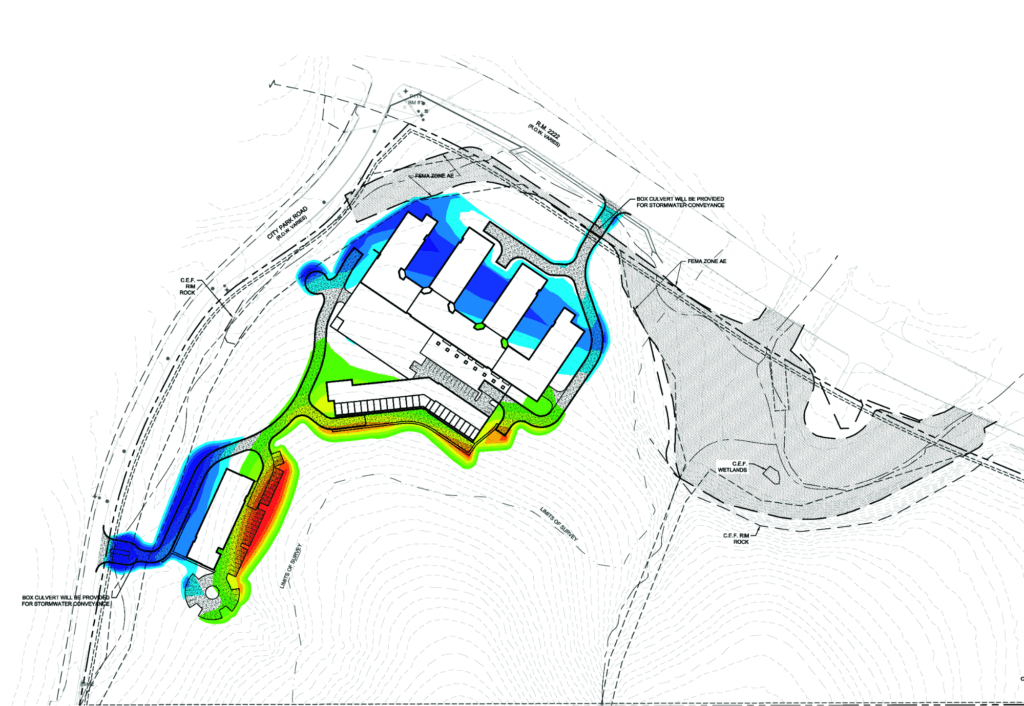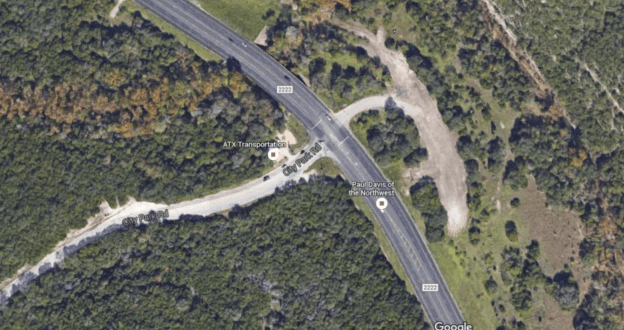
Affects development on Champion tract
By LYNETTE HAALAND, Four Points News
Last week, a district judge ruled that the city of Austin violated the Open Meetings Act in the suit filed by the Lake Austin Collective Inc. against the city on June 5.
“Judge Scott Jenkins ruled (on Nov. 21) that the city of Austin violated the Open Meetings Act by not disclosing on its agenda (Nov. 10, 2016, agenda item 6) that council was granting environmental waivers to the developers of the Champion Tract,” said Bill Aleshire, attorney representing the Lake Austin Collective, a nonprofit group of residents who are affected by the proposed development on the tract owned by the Champion sisters on City Park Road near RM 2222.
“This is a victory for (Lake Austin Collective) and for government transparency,” Aleshire said.
The Lake Austin Collective’s Aleshire argued that the Open Meetings Act was violated because the action council took was to give Champion waivers of the Lake Austin Watershed Ordinance and the Hill Country Roadway Ordinance without mentioning that on the meeting agenda that such waivers would be considered.
The agenda item said:
“6. Approve second and third reading of an ordinance amending Ordinance No. 960613-J and authorizing execution of the first amendment to a settlement agreement relating to the development of property located at 6409 City Park Road.”
“That arcane wording hid what was really going on,” Aleshire said.
Judge Jenkins’ order declares “void” the action the council took on that item to grant the developer waivers to the Lake Austin Watershed Ordinance and the Hill Country Roadway Ordinance.
Members of the board of the Lake Austin Collective include Carol Lee, Linda Bailey and Susan Kimbrough. Marisa Lipscher, another plaintiff in the proposed suit, owns property next to the proposed Champion development and is the collective’s registered agent.
Background
Basically what happened a year ago was that the council let the developer move the zoning back 205 feet from the property line the day of the final vote, so a super-majority vote of council was not needed, despite there being a valid petition signed by adjacent landowners, Aleshire said.
“Champion would have lost if council had not let the developer pull that trick,” Aleshire said. “And the council approved the environmental waivers without them ever being reviewed by any city commission.”
Before filing suit Lake Austin Collective sent a draft of the lawsuit to the city attorney in April and offered the city an opportunity to avoid the litigation altogether if they would simply repost the agenda item correctly and take another vote.
The Collective gave them 45 days to comply with the settlement offer, but they rejected that. So, 60 days later, suit was filed with the opening line in the lawsuit: “Chalk this case up to the category, ‘Some People Just Never Learn,’” Aleshire said.
More waivers
A recent audit showed that the city is not keeping track of all of the waivers it gives developers, effectively making those “secret waivers” undiscoverable by a public information request, he said.
The mayor and city manager put out the meeting agendas, and council votes using that agenda. The mayor and council could insist on more honest disclosure of topics on their agenda, Aleshire said.
He advises that on council meeting agendas, “don’t try to hide waivers to developers by not clearly giving public notice.”
“Every agenda item they mishandled like this in the last four years (the statute of limitations for TOMA actions) is still vulnerable to being declared void,” Aleshire said.
For Aleshire, this is the second TOMA court ruling he has obtained against the city in the last year. Judge Yelenosky ruled that the city committed the same violation by granting waivers to the Pilot Knob development without disclosing that on its meeting agenda. In that case, the plaintiff, Brian Rodgers, filed the lawsuit but immediately offered to drop it if the council would simply repost the item with honest disclosure of the $100 million fee waivers they were granting. The city refused to settle and lost the lawsuit, Aleshire said.
Lake Austin Collective case
Looking forward on the Lake Austin Collective case, the city attorney and Aleshire are discussing getting a final judgment including, the attorney fees, submitted to the court. Once the final judgment is entered, the city has 30 days in which to file an appeal.
“We are asking Judge Jenkins to award about $8,400 in attorney fees and court costs against the city to the Lake Austin Collective,” Aleshire said. “There is also an injunction in place to prohibit the city from issuing a site plan for Champion since the site plan would depend on the voided environmental waivers.”
Aleshire does not know if they are going to appeal.
If the development tries again to get the extra waivers of the Lake Austin Watershed Ordinance and the Hill Country Roadway Ordinance, the item will have to be put back on the council agenda and correctly comply with TOMA, he said.

Last week, a district judge ruled that the city of Austin violated the Open Meetings Act in a suit filed by the Lake Austin Collective Inc., which is a group of residents affected by the proposed development on the tract owned by the Champion sisters on City Park Road near RM 2222.


